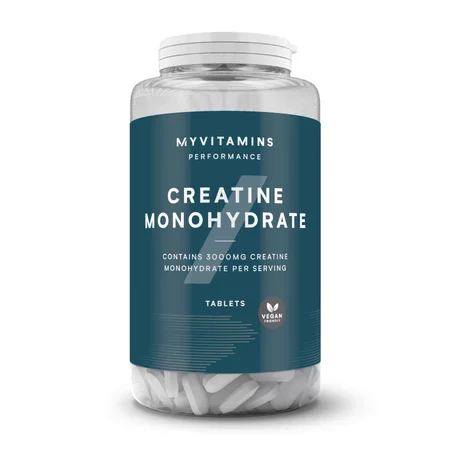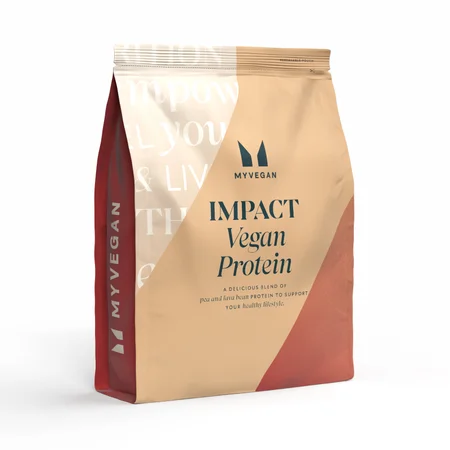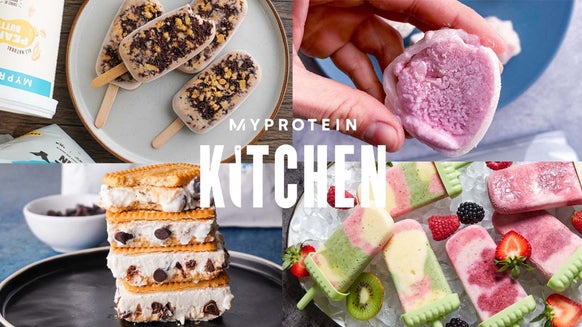Is Whey Protein Vegetarian?

Whey protein is a popular supplement for many reasons. It’s widely available, comes in different forms (pre-mixed, powdered, isolate, etc.) and tonnes of flavour options — and it’s really easy to glug down on the go. Whey protein is also one of the most well-researched supplements in terms of benefits. Athletes and non-athletes use it regularly for a variety of reasons, including building or retaining muscle mass, increasing power and strength, and even weight loss.1 So, can vegetarians enjoy a creamy shake too? The short answer is yes – whey protein is vegetarian.
Why is whey protein vegetarian?
Foods that are from animals directly — like chicken breasts, ground beef, or turkey (meat) — are what vegetarians choose to avoid. However, most vegetarians consume products that are made by animals or from animal products. While these decisions are personal and may be different from one vegetarian to another, many will still eat chicken’s eggs or honey made by bees. The category of dairy products, made from cow’s milk, is a primary source of protein for many vegetarians who don’t eat meat.
People who follow a vegan diet would most likely choose not to consume whey protein, as they avoid both animal products and products produced by animals (e.g. milk).

What is whey protein made from?
Remember “Little Miss Muffet” from the children’s nursery rhyme? She sat on her tuffet eating her “curds and whey” — maybe she was trying to build muscle! Whey protein is one of the major components of milk, and is derived from the liquid that separates from the curds during the process of making cheese. This natural by-product of cheese production accounts for about 20% of the protein in cow’s milk.2 However, whey remains low in lactose content which makes it easily digestible.
There are three forms of whey protein sold on the market — whey concentrate, whey isolate, and whey hydrosylate.3 The liquid that’s left from the cheese-making process is refined further, removing water, fat, and lactose content, leaving the powder we’d recognise as whey concentrate. Whey isolate and hydrolysate are processed even further to a more concentrated form (isolate) and then broken down into smaller amino acid chains (hydrolysate), which can have other benefits of quicker of absorption and digestion.3
What are the different types of vegetarianism?
Not all vegetarians exclude or include the same foods in their diets, but there are three general “categories” of vegetarianism:
- Lacto-vegetarian: includes dairy products in their diet, but not meat, pork, or poultry
- Ovo-vegetarian: includes eggs in the diet, but not meat, pork, or poultry
- Pescetarian: includes fish in their diet, but not meat, pork, or poultry
Some vegetarians allow combinations of these foods in their diets. For example, some may identify themselves as “lacto-ovo-vegetarians” who eat dairy products and eggs, or “ovo-pescatarians” who eat eggs and fish, but not dairy products.
Vegetarian protein sources
1. Dairy
Most vegetarians do consume dairy products, and they can be a staple protein source in their diet. Many dairy products are rich in high quality protein — yoghurt, cottage cheese, milk, cheese, etc. These products are also available in varying degrees of fat and added sugars, which gives a lot of options for healthier protein sources.
2. Eggs
Eggs are another common source of protein when they are part of the diet, but do have higher fat and cholesterol content than low-fat or fat-free dairy options.
3. Fish
If fish is a part of a vegetarian diet, it opens a wide range of options from low fat to omega-3 rich protein sources like salmon.
4. Plant-based sources
In addition to eggs, dairy, and fish protein sources, vegetarians ideally consume a wide variety of plant-based protein sources as well. Beans, peas, soy, and lentils are high in protein and commonly available. Some whole grains (like quinoa or brown rice) are rich in protein, and many fruits and vegetables contain protein in small amounts that add up throughout the day.
What about plant-based protein powders?
Plant-based protein powders are also available on the market. Many are made from soy, rice, hemp, or pea proteins. Often plant-based proteins don’t contain all of the essential amino acids (the ones our body can’t make on its own), but whey protein does. While plant-based protein powders have become much more common options in the last few years, whey is still more widely available and typically lower cost.
Take Home Message
“Vegetarian” can mean a variety of things to different people who try to limit animal foods in their diets. However, whey protein is made from milk, which is an animal product, and not from meat, generally making it appropriate for vegetarian consumption. The accessibility, convenience, and proven benefit of using whey protein as a supplement make it an easy choice to add to your routine — whether you follow a vegetarian diet or not.

Claire is a Registered Dietitian through the Academy of Nutrition and Dietetics and a board-certified Health and Wellness Coach through the International Consortium for Health and Wellness Coaching. She has a Bachelor of Science in Biology and a Master’s degree in Clinical Dietetics and Nutrition from the University of Pittsburgh.
Talking and writing about food and fitness is at the heart of Claire’s ethos as she loves to use her experience to help others meet their health and wellness goals.
Claire is also a certified indoor cycling instructor and loves the mental and physical boost she gets from regular runs and yoga classes. When she’s not keeping fit herself, she’s cheering on her hometown’s sports teams in Pittsburgh, or cooking for her family in the kitchen.
Find out more about Claire’s experience here.






